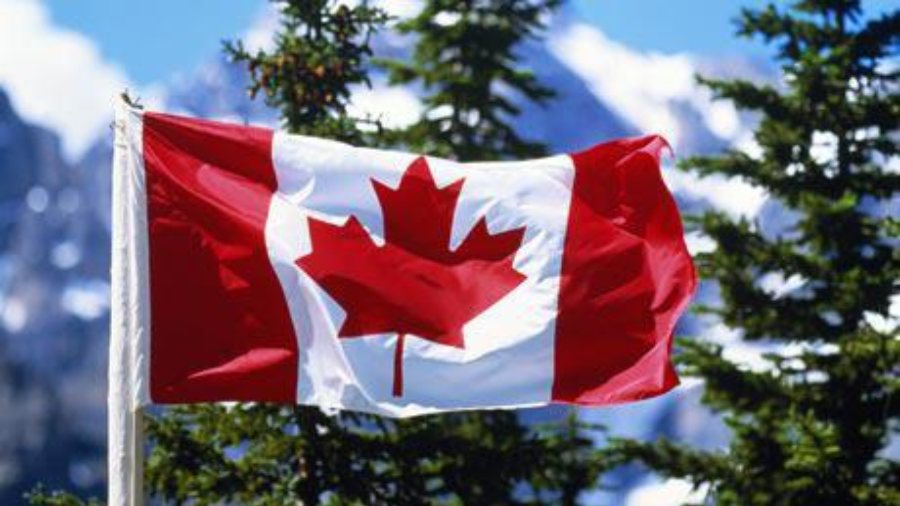Protesters opposing pandemic restrictions flouted a court order and emergency rules, continuing to occupy a vital Canada-US trade corridor early on Saturday, hours after a judge granted an injunction to end the blockade that has crippled North America’s well-knitted auto industry.
Prime Minister Justin Trudeau has promised President Joe Biden quick action to end the crisis, and on Friday a Canadian judge ordered an end to the four-day-long blockade of the Ambassador Bridge, North America’s busiest land border crossing.
The order came into effect at 0000 GMT, but five hours after the deadline, some 100 protesters were milling around the entrance to the bridge, waving Canadian flags.
While the number of protesters and police dropped as the night progressed, demonstrators continued to block the bridge with trucks and pick-up vans, preventing any flow of traffic in either direction.
Protesters sang the Canadian national anthem and midnight, and some shouted: “Freedom!”
The police, who started to gather in a parking lot a few blocks away from the protesters, began handing out pamphlets that outlined penalties under Ontario’s emergency order, which took effect at midnight.
Trudeau earlier told reporters that no action was off the table.
Companies have diverted cargo to stem losses amid production cuts by companies including Ford .
Superior Court Justice Geoffrey Morawetz on Friday approved the request by auto industry associations and Windsor city authorities hoping to end the protests. Occupying access roads leading to the bridge on Friday, protesters voiced defiance and there was little sign of them backing down.
“Canada is supposed to be a free country,” said Liz Vallee, a protester from Chatham, Ontario. “When that freedom is threatened, we must stand up.”
Vallee said she and others would stay until all pandemic mandates are lifted.
The “Freedom Convoy” protests, started by Canadian truckers opposing a vaccinate-or-quarantine mandate for cross-border drivers, are also occupying areas outside government buildings in the national capital Ottawa and have blocked two smaller US crossings. The protests have inspired similar convoys and plans in France, New Zealand, Australia and the US.










